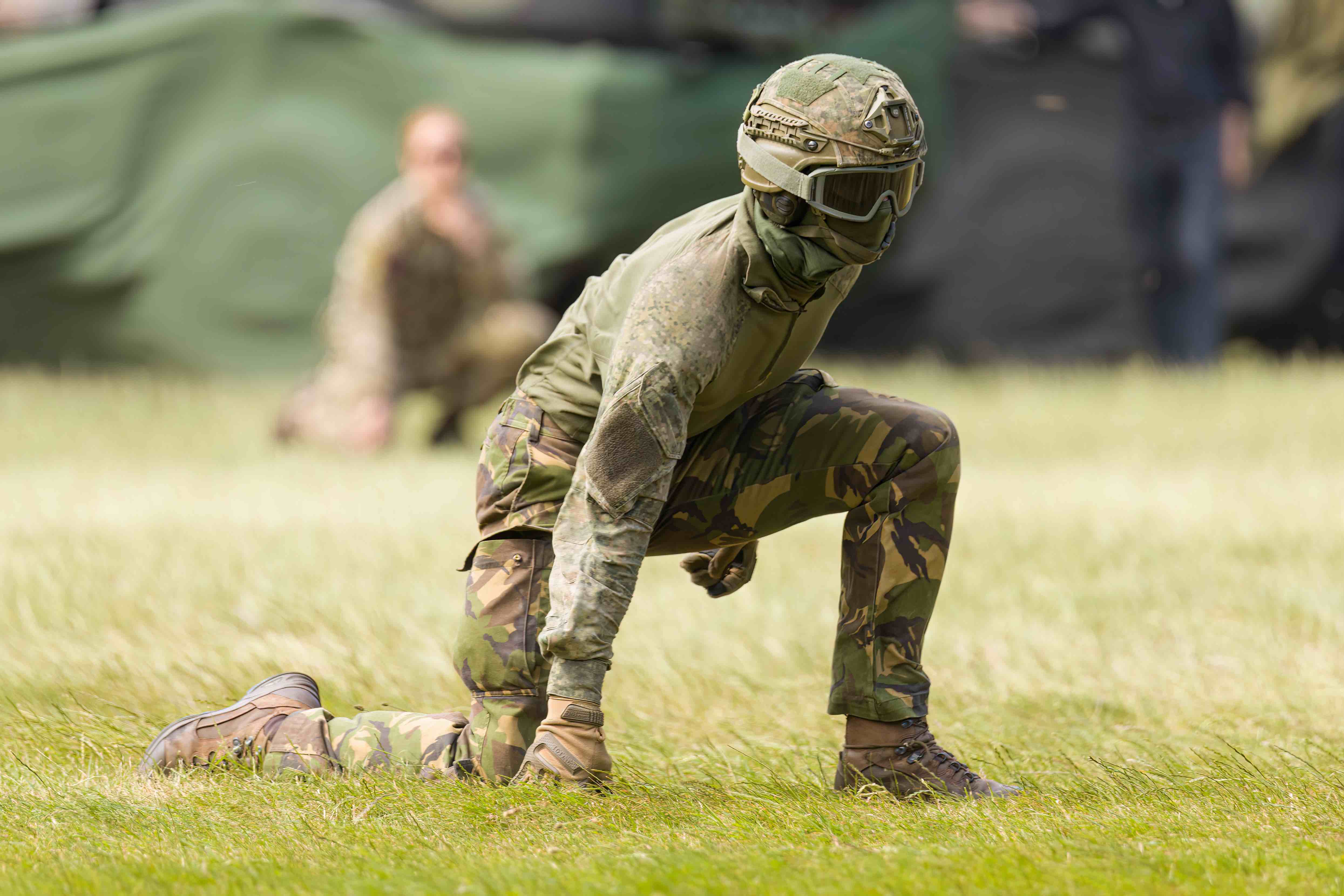In my years journeying along this road, I've encountered remarkable individuals who share a profound commitment to serving one another. This recent weekend, I found myself rekindled with inspiration—not from a sole individual, but from a collective assembly convened by the tenacious advocate for change, Eapen Thampy, through the Grunt Style Foundation. The Psychedelic Missouri Freedom Conference, hosted at the Kansas City Wellness Club, united leading minds—researchers, practitioners, and advocates—across the nation in a shared mission to advance state-level legislation for the decriminalization and reclassification of psychedelics. Their aim? To combat the mental health crisis and the scourge of opioid addiction.

My own advocacy has grown from recognizing the potential of psychedelics as a revolutionary form of treatment for mental health struggles, typically managed with prolonged pharmaceutical usage. Personal experiences with these substances have underscored their transformative impact on my mental well-being and enlightenment. Please, do not mistake this for a recreational pursuit into superficial experiences. These substances are more than mere thrills; they serve as profound teachers, imparting knowledge that transcends our complete understanding.
Engaging in this advocacy has introduced me to a diverse tapestry of individuals from various walks of life, all bearing a personal connection to the healing powers of these medicines. To skeptics who demand empirical data, these accounts might seem peculiar and purely anecdotal. Yet, as I absorb these narratives and reflect on my personal journey, the conviction solidifies within me—that these substances possess astonishing healing capabilities.
The discourse unfolding in Missouri echoes across more than a dozen ongoing conversations in over 16 states. Missouri, inspired by Kentucky’s actions, is pursuing strategies that could mitigate the opioid crisis devastating many lives. For instance, the Ibogaine species from the African plant Iboga shows tremendous promise in countering opioid addiction. Existing programs beyond U.S. borders demonstrate its efficacy, often at a fraction of the cost of conventional pharmaceutical treatments, with higher efficacy.
This serves as but one example of the remarkable initiatives taking place nationwide. Organizations like Reason For Hope, Heroic Hearts Program, The Mission Within, and the collaboration forming the Veterans Mental Health and Leadership Coalition (VMHLC) are at the forefront of mental health discussions. We urgently need to explore new, alternative avenues in mental health therapy—our current approaches are insufficient. Shockingly, suicide ranks as the 12th leading cause of death in the United States, placing within the top three causes among specific age groups, particularly those aged 10-35.
To put this in stark perspective, over a two-decade-long war on terrorism, Brown University reported a staggering 30,177 veteran suicides, surpassing the 7,057 combat-related deaths reported by the U.S. Military during the same period. This statistic underscores a disheartening reality: our population is taking their own lives at a rate more than 4.5 times the losses suffered in combat. The battle lies within our own minds—it's a war being waged within our communities.
I am profoundly grateful to be a part of this journey, encountering fascinating individuals and absorbing their stories filled with an unwavering passion. I stand proudly beside thought leaders such as Adam Marr and Gen. Martin Steele, individuals who bravely challenge the existing norms, urging us to introspect on our mental health. This is a crucial moment in our collective history, where the imperative for change resonates profoundly.
.jpg)



%201.svg)









